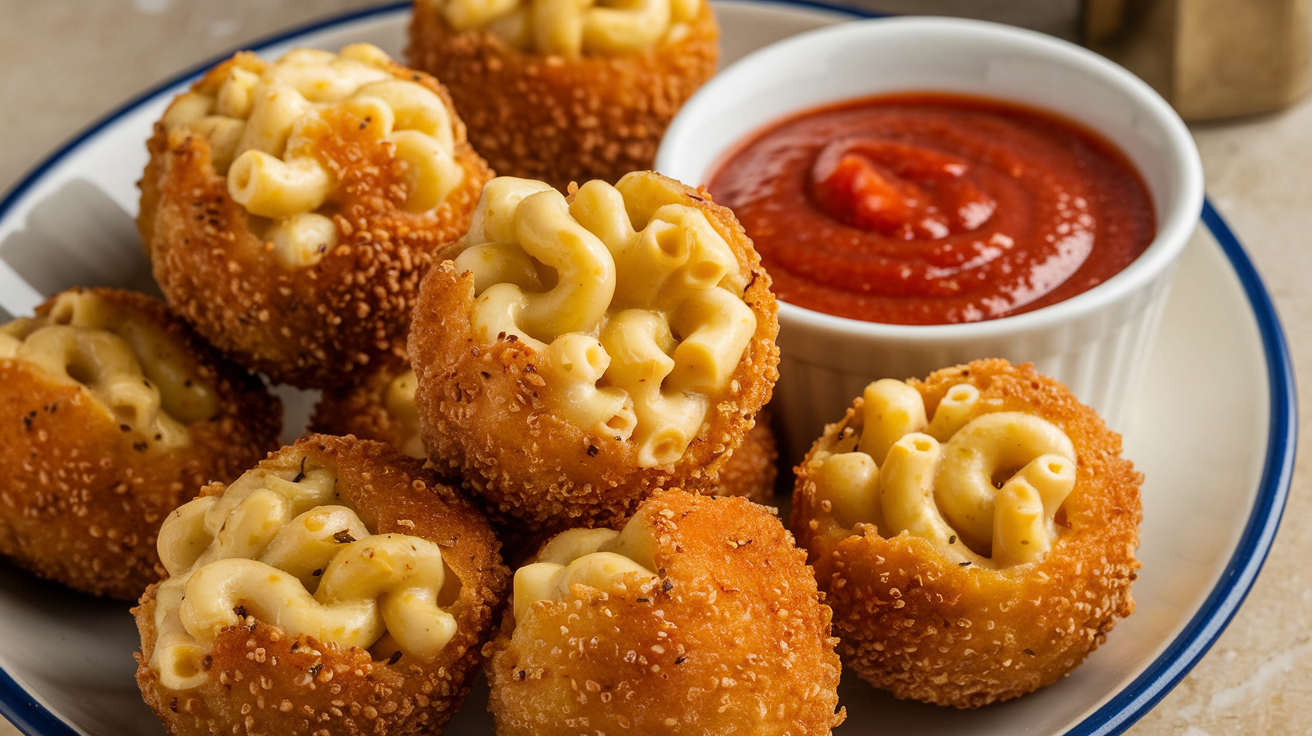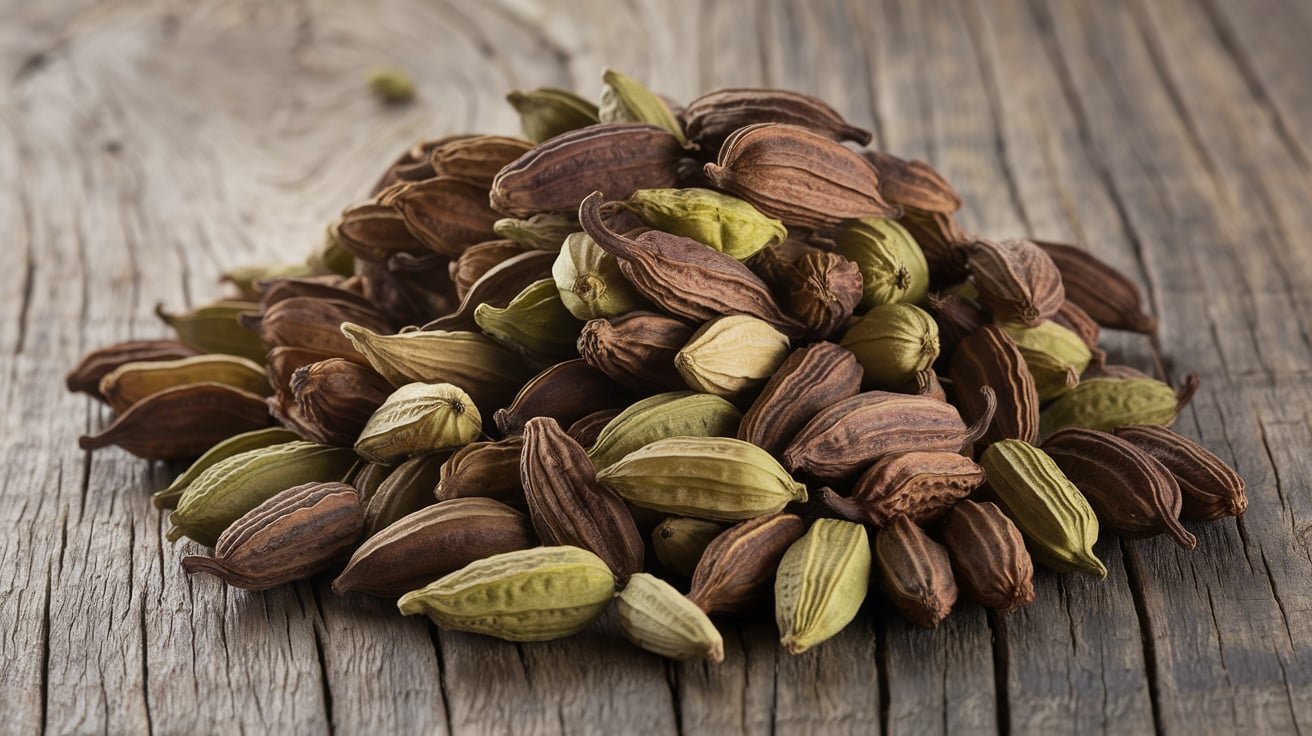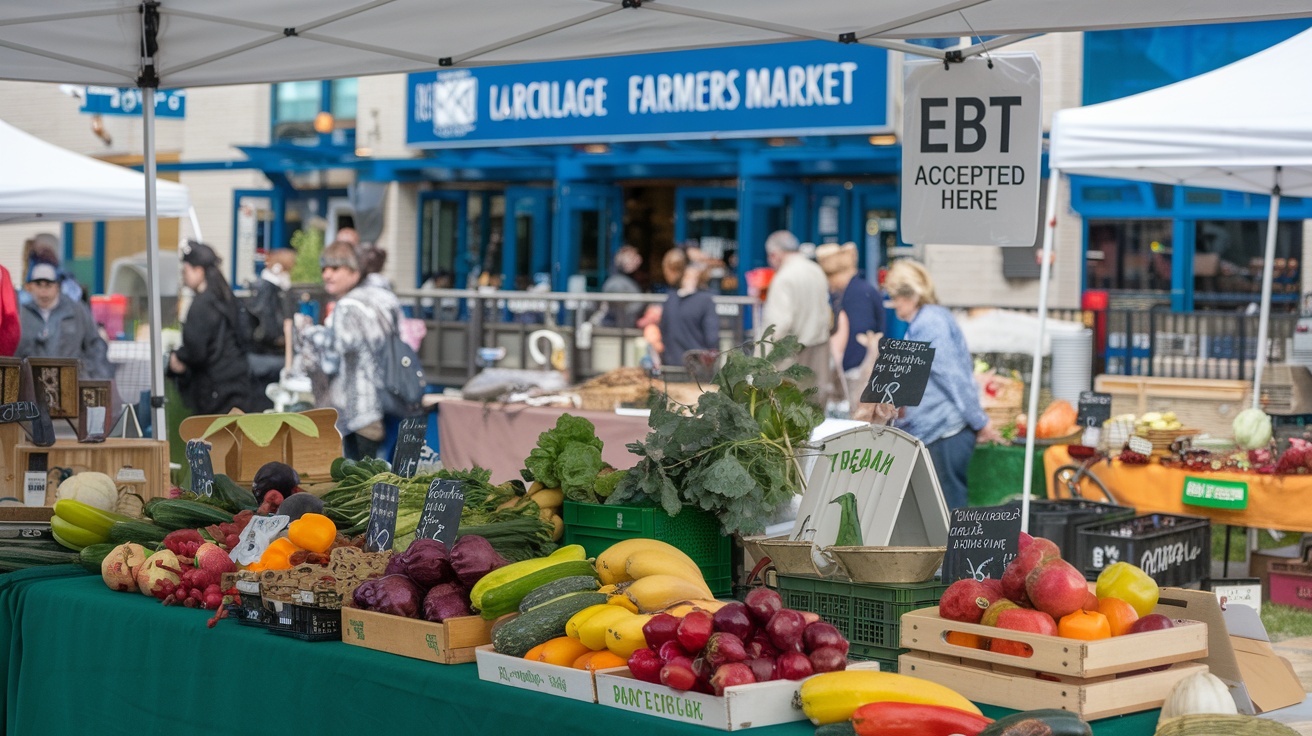Introduction
Cake smashing has become popular at birthdays, weddings, and baby showers, especially in Western countries. However, the question often arises: is smashing a cake in some countries taboo? While this practice is widely accepted and even expected in some places, it can be viewed as disrespectful or inappropriate in others due to cultural differences. This article will explore the cultural perspectives on cake smashing across various regions, examining why it’s embraced in some countries and considered tabooo in others.
The Origin of Cake Smashing
The idea of smashing a cake, particularly at events like birthdays and weddings, is believed to have its roots in Western cultures. In the United States and parts of Europe, cake smashing is a fun, playful gesture often symbolizing good fortune, humor, or the carefree nature of the event. For example, in many American birthday parties, especially for young children, a “cake smash” session is a planned activity where the child is encouraged to dive into a small cake with their hands and face, creating a messy and joyful moment. Similarly, at weddings, some couples smash cake into each other’s faces during the cake-cutting ceremony, adding a playful, light-hearted touch to their special day.
However, is smashing a cake in some countries taboo? The answer depends on the cultural values surrounding food, tradition, and the significance of celebrations.
Cultural Significance of Food
Food plays a vital role in the traditions and customs of many cultures. For some, food is seen as a symbol of prosperity, blessing, and community. In these cultures, wasting or treating food disrespectfully can be frowned upon. In countries where food is considered sacred or has a deep spiritual connection, smashing a cake could be considered offensive or inappropriate.
For example, food waste is generally discouraged in countries with a strong emphasis on food’s symbolic meaning, such as India. Many religious and cultural practices in India revolve around food being a blessing, and throwing or smashing food may be interpreted as a lack of appreciation for what has been provided. This sentiment extends to celebrations like weddings, where the cake is seen as a significant part of the ceremony. While modern influences may have introduced cake smashing into some Indian weddings, it’s not widely practiced, and in some communities, it may even be seen as disrespectful.
In contrast, countries like Mexico have their unique traditions involving food, especially during celebrations. However, cake smashing in the traditional sense of ruining food isn’t commonly observed. Smashing a cake at a celebration could be considered unnecessary or wasteful in specific communities where sharing food is a significant gesture of generosity and hospitality.
Cake Smashing in Weddings: Western Tradition vs. Cultural Expectations
In Western countries like the United States, Canada, and parts of Europe, smashing cake at a wedding has become a fun tradition. It often starts with the bride and groom cutting the cake, followed by one (or both) gently pushing a piece into each other’s faces. For many, this lighthearted moment adds humor to the day and breaks the formal atmosphere.
However, is smashing a cake in some countries taboo at weddings? The wedding cake holds a deeper meaning in more traditional or conservative cultures. It is not just a dessert; it symbolizes unity, prosperity, and the sweetness of the married couple’s future. In these contexts, smashing a cake can be disrespectful or inappropriate, especially during a formal event like a wedding. In China, for instance, weddings are highly traditional, and the cutting and sharing the cake is considered a significant act of togetherness and blessing for the newlyweds. Smashing the cake, especially in front of elders or religious figures, could be seen as mocking or disrespecting the ceremony’s solemnity.
Similarly, in Middle Eastern countries, where weddings are grand and traditional, smashing a cake is not shared. The focus is on respecting the event’s formality and sharing the cake with all guests as a symbol of good fortune and blessings. While younger generations in these regions may adopt Western trends, smashing a cake is likely to be seen as an odd or unnecessary custom, and some might find it offensive.
Cake Smashing and Respect for Tradition
Many countries strongly emphasize the importance of respecting traditional values, especially during significant events like birthdays and weddings. In countries where formal etiquette is prioritized, such as Japan and South Korea, smashing a cake could be perceived as childish or disrespectful. Celebrations in these cultures often carry a sense of decorum, and food plays a central role in the gathering. Treating the cake in a manner that makes it inedible or ruins its presentation would not align with the cultural expectations of treating food.
In Japan, food waste is generally looked down upon, and the careful preparation and presentation of meals, including desserts, are highly valued. Smashing a cake would contradict the cultural appreciation for the beauty and effort put into food preparation. As a result, while cake smashing may be a fun and playful tradition in some places, it could be considered out of place or even offensive in Japanese culture.
Likewise, in South Korea, celebrations are marked by a sense of respect and formality. While younger generations might be more open to Western influences, smashing a cake could still be seen as inappropriate, especially at weddings or formal family gatherings where tradition and etiquette play an essential role.
The Influence of Social Media on Cake Smashing
Social media platforms like Instagram and TikTok have played a significant role in popularizing the cake-smashing trend. Videos of babies smashing their birthday cakes or couples playfully smashing cake at their weddings often go viral, encouraging others to adopt the practice. As a result, even in countries where cake smashing is not a traditional custom, it has gained some popularity among younger generations who are influenced by Western trends.
However, this raises the question: is smashing a cake in some countries taboo despite its increasing presence on social media? In many cases, the older generations in more conservative cultures may still find the practice unacceptable, even if younger people see it as fun. The global spread of trends through social media often leads to a clash between modern influences and traditional values, especially in countries where respect for food and formal etiquette is deeply ingrained.
Alternatives to Cake Smashing
For those who love the idea of cake smashing but want to avoid offending cultural sensitivities, there are alternatives to consider. One option is to keep the smashing playful but not destructive. Instead of smashing the cake into a face or ruining its presentation, some couples or parents opt for a light touch, where they humorously feed each other a slight bite in a fun and gentle way. This preserves the playful aspect of the tradition without crossing the line into what might be considered wasteful or disrespectful.
Another option is to have a smaller, personal cake specifically for smashing, while preserving the main cake for sharing with guests. This way, the fun tradition can still take place without the negative connotations of wasting food, especially in cultures where this might be seen as taboo.

Conclusion
So, is smashing a cake in some countries taboo? The answer is yes, in some cultures, cake smashing can be viewed as disrespectful, especially in places where food holds significant cultural, religious, or social importance. In countries like the United States and parts of Europe, cake smashing is a fun and light-hearted tradition at birthdays and weddings. However, in other parts of the world, such as India, Japan, and many Middle Eastern countries, this practice may be considered wasteful or inappropriate due to the cultural significance placed on food and respect for tradition.










